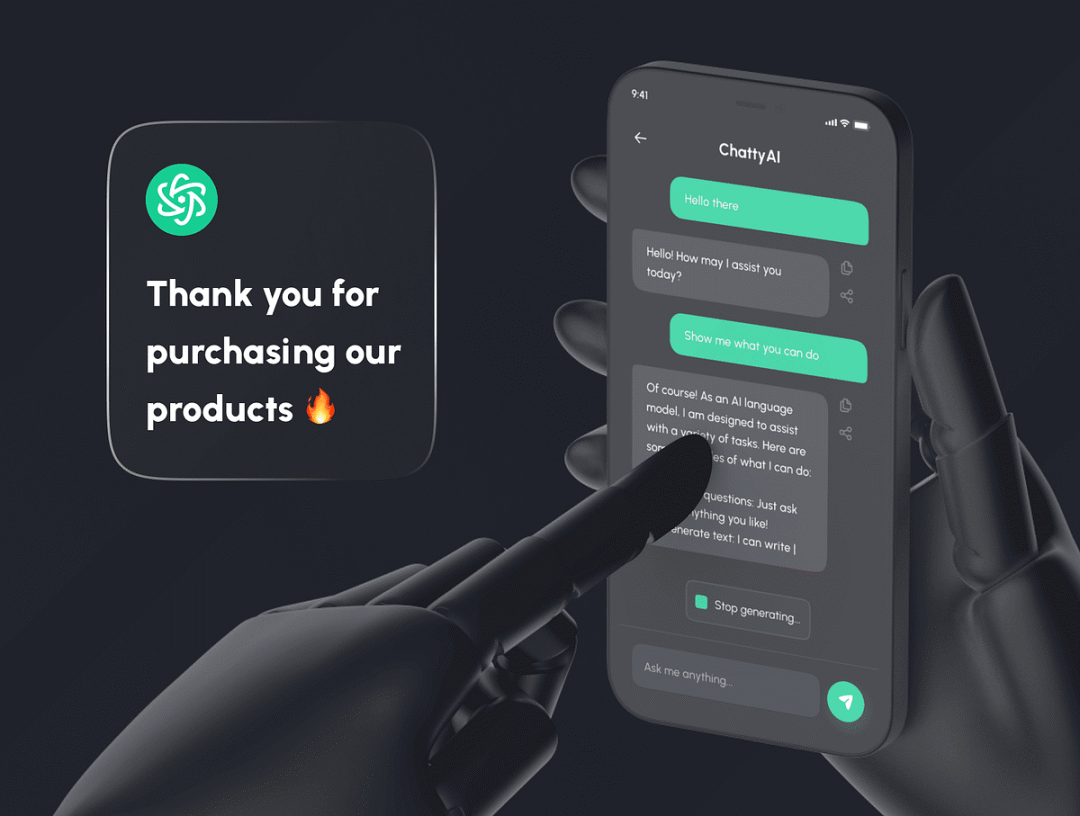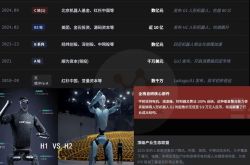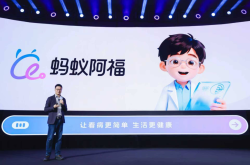AI Pioneer Fei-Fei Li: Stanford Should Consider Admitting the Top 2,000 Students Proficient in ChatGPT Utilization
![]() 09/19 2025
09/19 2025
![]() 640
640
A few days ago, a friend shared an article with me, titled:
Fei-Fei Li's Address: 'Stanford University Should Consider Admitting the Top 2,000 Students Proficient in ChatGPT Utilization.'
Who exactly is Fei-Fei Li? She holds the position of a tenured professor at Stanford University, is revered as the 'Godmother of AI,' previously served as a Vice President at Google, and stands as a preeminent scientist in the realm of artificial intelligence.
Could this be a harbinger of things to come from a premier institution?
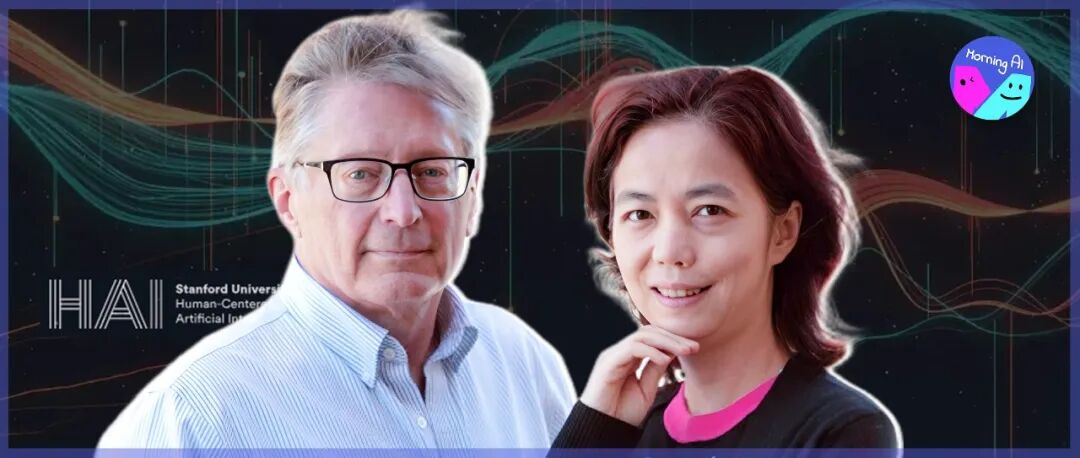
Layout by: Yanzi
So, what is Fei-Fei Li actually advocating?
Upon delving deeper and seeking out the original speech video, I found that Professor Fei-Fei Li's comments were not part of a public address. Rather, they emerged during a 2024 discussion with Stanford's admissions office, centered on the question of how to balance the role of ChatGPT in university admissions. Domestic media outlets also covered this segment, allowing readers to access her original statements.
This appears to be more of a 'thought experiment' crafted to stimulate contemplation. So, what lies at the heart of this intellectual exercise?
If we were to interpret 'most skilled at using ChatGPT' merely as being adept at crafting prompts, we would entirely miss the mark. What Fei-Fei Li truly aims to highlight are the three fundamental thinking skills that future leaders must possess in the age of AI:
1. The capacity to pose high-caliber questions.
In an era where AI is ubiquitous, everyone has access to answers. Yet, the distinction between individuals lies in the sophistication of their inquiries. Is it a request like, 'Help me draft an essay on climate change,' or a more nuanced query such as, 'Please analyze the correlation between Arctic glacier melt data over the past decade and the carbon emission policies of major industrial nations globally, and evaluate the effectiveness of existing policies?' The former yields a superficial overview, while the latter initiates a meaningful research endeavor. The ability to define and dissect problems is the cornerstone of mastering AI.
2. The ability to critically synthesize information.
ChatGPT serves as a potent tool for information aggregation, but it is not infallible. It can err, 'confidently assert falsehoods,' and even amplify pre-existing biases online. A discerning AI user will never accept information at face value. Instead, they will act as a meticulous 'fact-checker,' verifying, filtering, and critically absorbing the data provided by AI to form their own reliable conclusions.
3. The aptitude to collaborate and innovate alongside AI.
The pinnacle of AI utilization is treating it as a highly capable 'team member' or 'intern,' with you assuming the role of the 'project commander.' You are tasked with generating ideas, constructing frameworks, and setting directions. You delegate specific tasks (such as coding, data analysis, or drafting content) to AI for completion, and then refine and iterate. This synergy between human creativity and AI's execution prowess creates value that far surpasses what individuals can achieve alone.
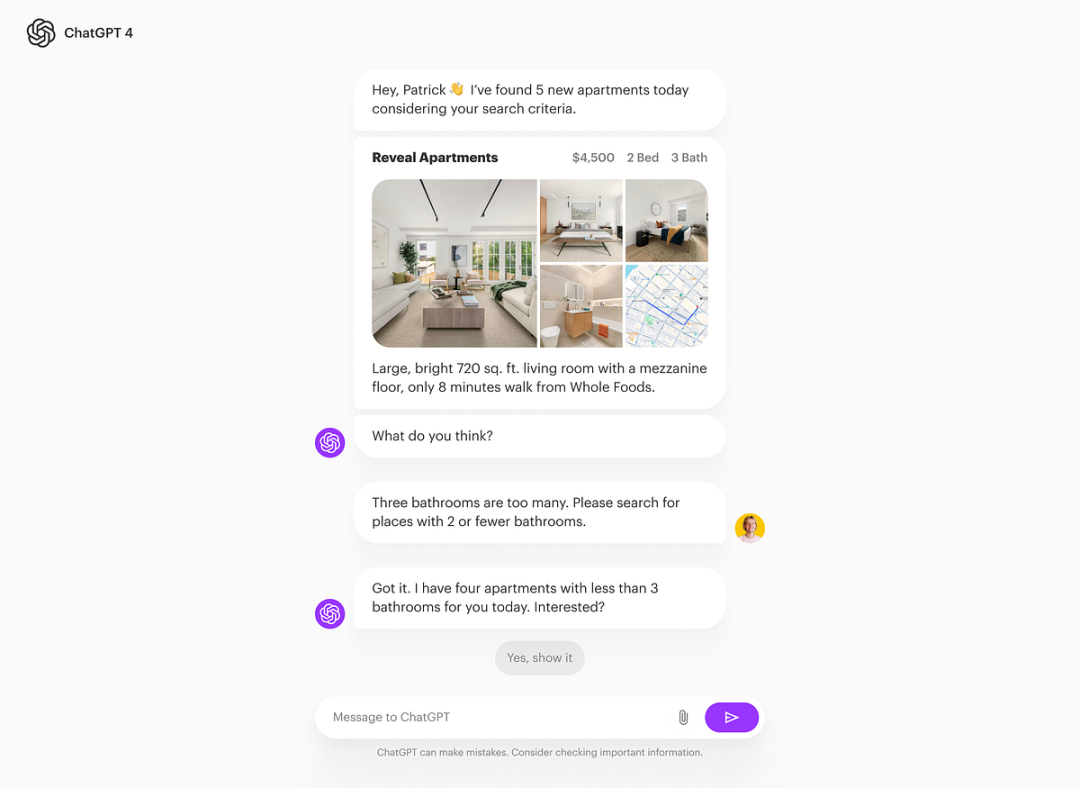
Thus, Fei-Fei Li's perspective essentially distills to this: Stanford values not whether you can 'use' AI, but whether you can 'master' it. She is reminding us that when the barrier to acquiring knowledge is significantly lowered by AI, what truly defines a person's future potential?
Our Education System Risks Creating 'AI Substitutes'
Fei-Fei Li's viewpoint also sheds light on a stark reality of contemporary education: many of our existing educational methods may inadvertently be cultivating individuals who are most susceptible to replacement by AI.
This scenario is reminiscent of 'The Emperor's New Clothes.' We have long adhered to educational models that seem self-evident, but the advent of AI has laid bare their inherent flaws.
Specifically, our current education system often places undue emphasis on the following:
Rote memorization: requiring students to commit vast amounts of formulas, definitions, historical events, and texts to memory.
Standardized answers: encouraging students to produce the single, correct response in exams.
Repetitive training: reinforcing problem-solving routines and techniques through extensive drilling and practice.
In the past, these skills were indeed pivotal, serving as key indicators of a student's 'excellence.' However, times have changed.
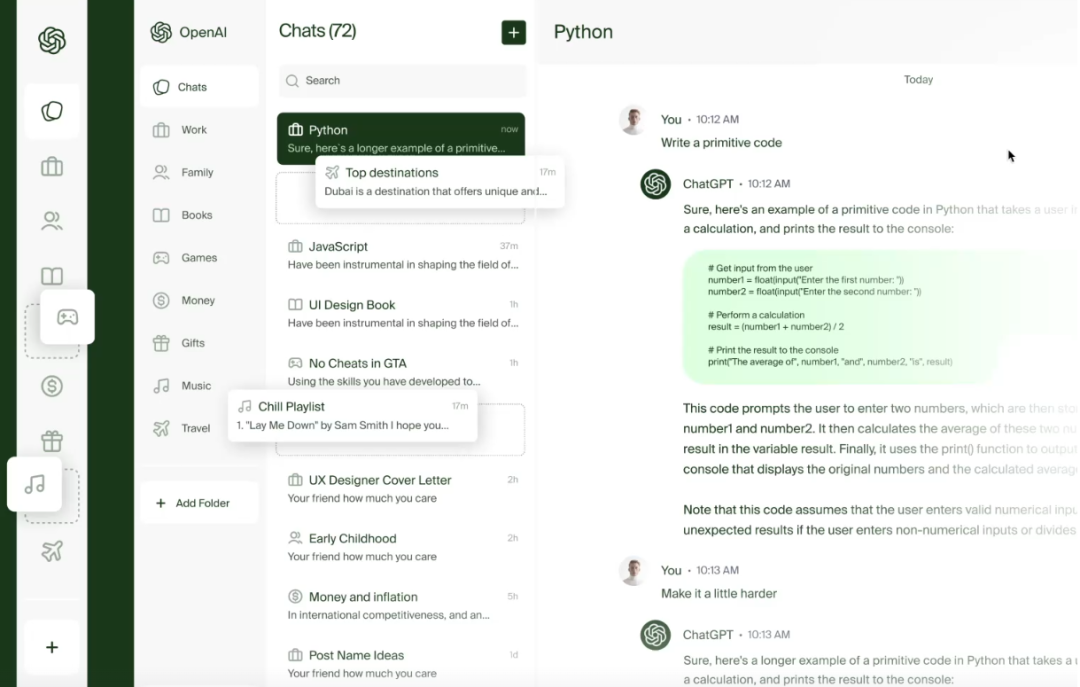
The aforementioned abilities—memorizing vast quantities of information, providing standardized answers, and engaging in high-intensity repetitive calculations and practice—are precisely what AI excels at, accomplishing these tasks with far greater efficiency and accuracy than humans.
An average AI model can memorize the contents of an entire human library in seconds and recite it flawlessly.
This presents a grave dilemma: if our educational objective remains to enhance students' proficiency in these areas, we are essentially setting them up to compete in a race they are destined to lose against AI.
In other words, we may be unwittingly nurturing 'AI substitutes.'
When students step out of the educational system, they may discover that their core skills, which they have proudly acquired through years of diligent study, offer no competitive edge in the face of AI. This is the most alarming crisis underlying Fei-Fei Li's perspective.
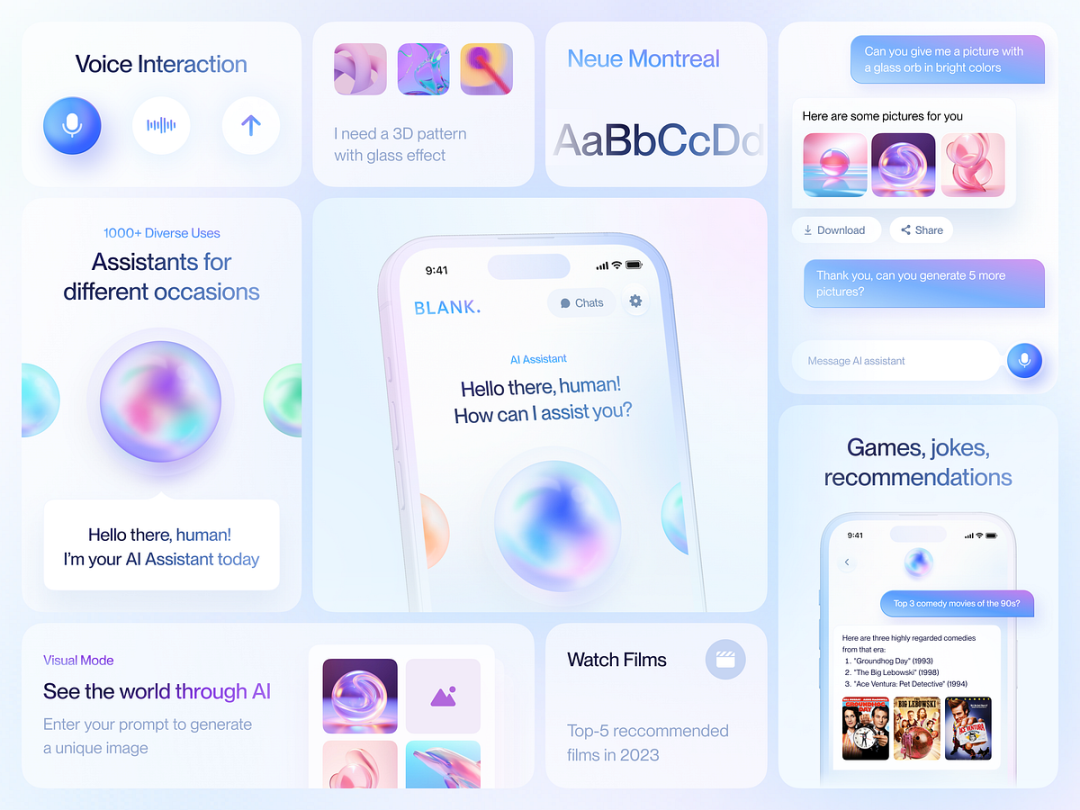
What Should We Do?
Most of us, as products of this educational paradigm, now face the challenges and opportunities presented by AI. What actions should we take?
Rather than succumbing to fears of being replaced by AI, we should proactively consider how to leverage AI and capitalize on this technological dividend. Here are three specific recommendations for everyone:
1. Embrace technology and become an 'AI navigator.'
Do not fear or reject AI; instead, actively learn and utilize it. Whether it's writing emails, translating, conducting research, or programming, try incorporating AI into your workflow. Treat it as a 'co-pilot' or 'external brain' that can enhance your work and learning efficiency. Only by using it firsthand can you truly grasp its capabilities and limitations and discover the most effective ways to integrate it into your life.
2. Focus on your strengths and cultivate 'human' abilities.
Competing directly with AI in areas where it excels is unwise. We should invest more energy in developing skills that AI cannot easily replicate in the near future. For instance, empathy in communication and collaboration, imaginative aesthetics and creativity, decision-making in complex ethical dilemmas, and hands-on practical skills. These 'human' qualities will be our most valuable assets in the future.
3. Stay adaptable and become a 'lifelong learner.'
Technology is evolving at an unprecedented pace. Today, we're discussing ChatGPT; tomorrow, it could be entirely new tools. The only constant is change itself. Therefore, more important than mastering a specific AI tool is maintaining a curiosity for new things and the ability to learn continuously. This will be our most crucial 'defense' in the AI era.
